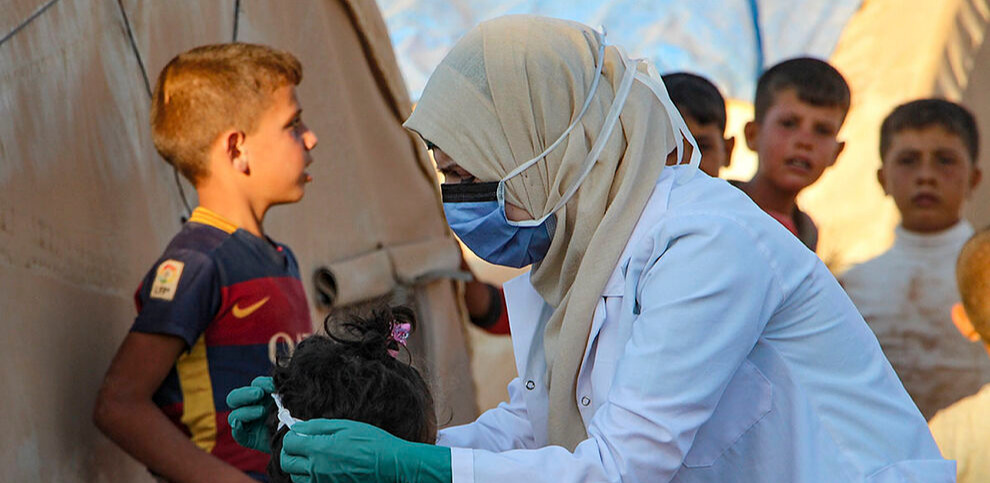
The COVID-19 pandemic has disrupted life almost everywhere, but it has not wiped out other scourges preceding the health crisis, including the need for millions of people to leave their homes to save their lives.
by Guillermo Alvarado
The COVID-19 pandemic has disrupted life almost everywhere, but it has not wiped out other scourges preceding the health crisis, including the need for millions of people to leave their homes to save their lives.
Thus, in 2020, despite the pandemic, some 55 million people had to move within their own territory to escape violence, armed conflicts or natural disasters.
This flow of internal refugees, as they are known, is the largest recorded to date since tally of these movements are kept, and the figure could be even higher because the new coronavirus sometimes prevented a more complete count.
The data were taken from a report prepared by the Geneva-based Internal Displacement Monitoring Centre (IDMC) and the Norwegian Refugee Council (NRC).
However, the information does not comprise the 26 million people who fled to other nations, most often for similar reasons, the researchers said.
Jan Egeland, head of the NRC, said: "It is shocking that last year, every second, someone was forced to leave their home within their own country."
He added that many of the displaced people did not go to traditional shelters for fear of contracting COVID-19, which increases their difficulties in surviving, especially among children and the elderly.
Armed conflicts in Burkina Faso, Mozambique, Afghanistan and Syria, to name only a few, have caused 10 million people to lose everything and join this mass exodus.
In the American continent, the most serious situation is in Colombia, where 106,000 people were displaced by violence in 2020.
Another cause of this tragedy is the increasingly frequent and intense natural phenomena, as occurred in Central America and the Caribbean, which experienced an unusually active hurricane season.
Hurricanes Eta and Iota forced tens of thousands of families to seek refuge elsewhere, especially in the so-called dry corridor, which extends from southeastern Mexico to Costa Rica.
The situation is not expected to improve, far from it, so the international community will have to find a way to face and attend to these emergencies and avoid unnecessary pain.

